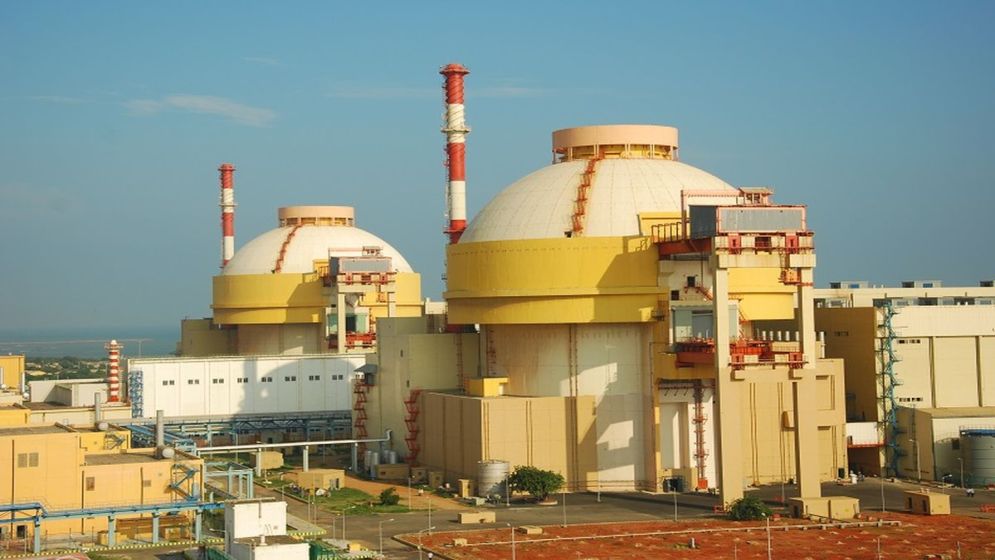Kudankulam nuclear power plant reaches 100 Billion kWh milestone

The Kudankulam Nuclear Power Plant (KNPP), a collaborative project between India and Russia, has announced a significant milestone: its first two power units have delivered a cumulative 100 billion kWh of electricity to the Indian national grid.
Operational for the past decade, the KNPP units, constructed with the support of Russia's Rosatom Engineering Division,continue to operate safely and efficiently, often exceeding their rated output.
The facility significantly contributes to India's energy security, providing electricity to approximately 50 million families while preventing the emission of around 16 million tons of carbon dioxide annually.
"This achievement highlights the success of the India-Russia partnership in clean energy," said a spokesperson for the KNPP. "We remain committed to the safe and reliable operation of these units and look forward to further expanding our contributions to India's energy landscape."
Currently, KNPP is expanding with four additional power units under construction, which will further increase India's nuclear power generation capacity upon completion.
Four additional power units, each with a capacity of 1,000 MW, are currently under construction at various stages. Once operational, nuclear power generation will increase by 66%.
“The successful operation of the Kudankulam Nuclear Power Plant (NPP) is the result of employing proven design solutions, reliable equipment, high-quality construction and installation, and commissioning work,” said Alexey Zhukov, First Vice President for Construction at ASE.
“From the design phase to operational status, the project has benefited from close and thorough cooperation between India and Russia. Both parties contributed their expertise, resulting in a technologically advanced and efficient industrial project that meets the highest standards of quality and safety,” Zhukov added.
The Kudankulam Nuclear Power Plant was established under the Intergovernmental Agreement on cooperation in NPP construction in India, signed on November 20, 1988, along with the Addenda dated June 21, 1998. The plant will eventually comprise six power units, each with a capacity of 1,000 MW.
With technical and financial support from Russia, Bangladesh is constructing its first nuclear power plant at Rooppur. This facility will feature two units, each with a capacity of 1,200 MW, utilizing the latest 3+ generation VVER 1200 reactors.
—-

